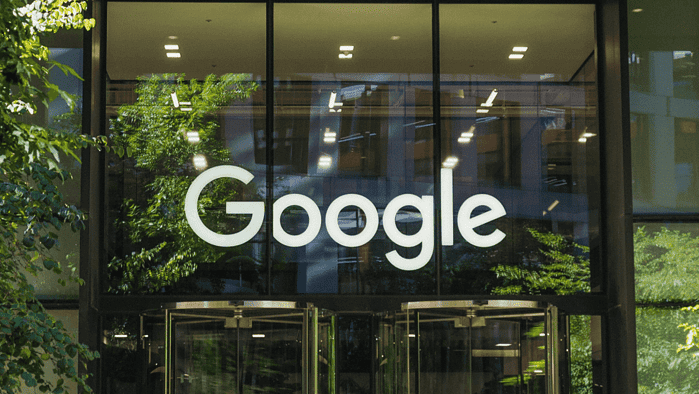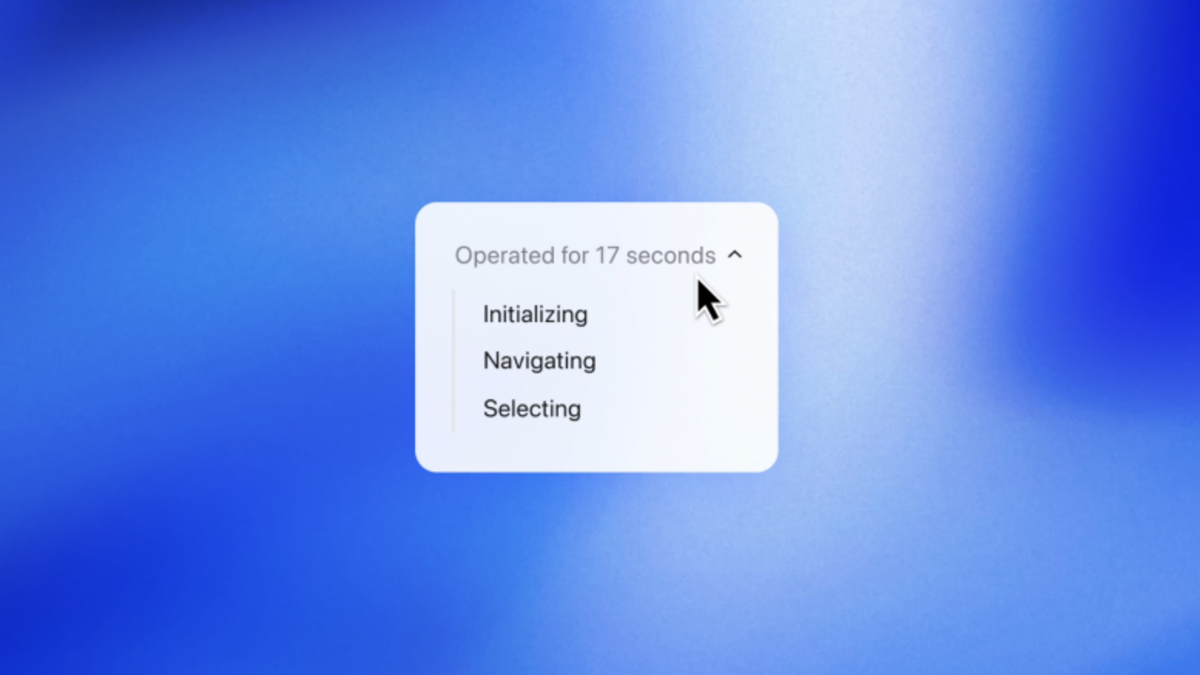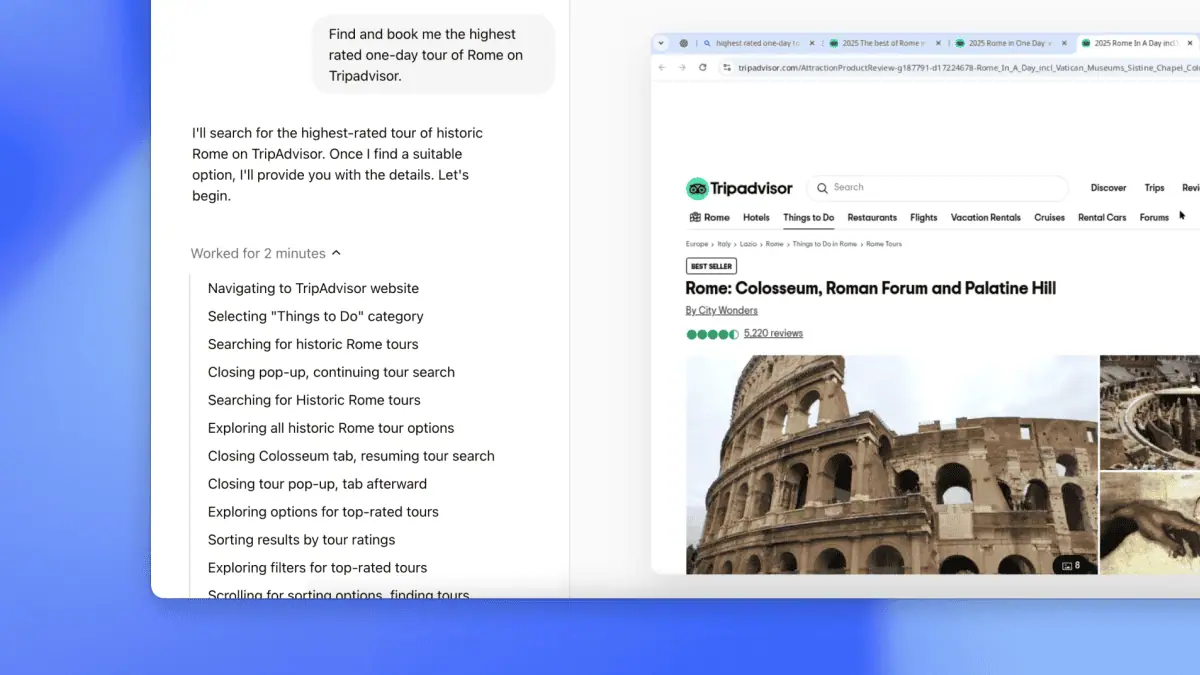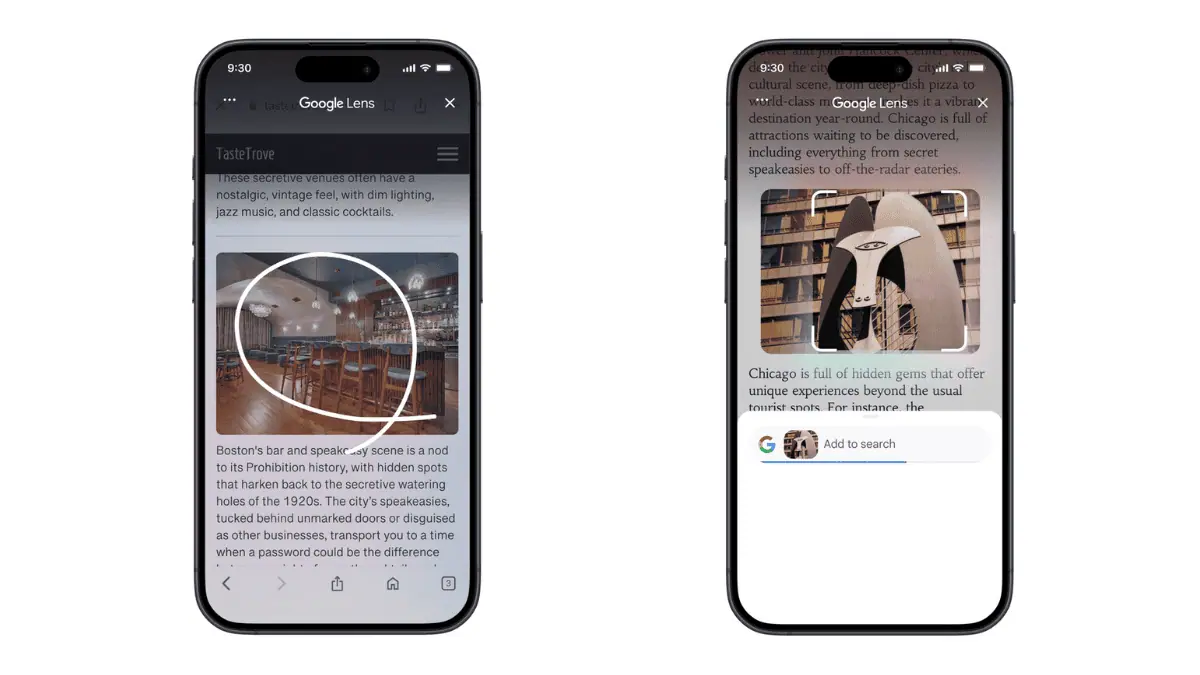Google's new AI co-scientist can help researchers like never before
An exciting time with science
2 min. read
Published on
Read our disclosure page to find out how can you help MSPoweruser sustain the editorial team Read more
Key notes
- Google launched an AI co-scientist to assist researchers with setting goals, generating hypotheses, and more.
- The tool, based on Gemini 2.0, helps researchers refine ideas and gather relevant information.
- Researchers have also used Google Cloud’s AI to develop self-healing asphalt.

Google’s push for AI use in science continues as the Mountain View tech giant introduced a new AI co-scientist designed to help researchers with their scientific work.
Built on the Gemini 2.0 system, this tool allows scientists to use natural language to set research goals, like understanding the spread of a disease-causing microbe. The AI then suggests testable hypotheses, provides relevant published research, and proposes potential experimental approaches.
This system is not meant to replace the scientific process but to assist researchers in refining their ideas and gathering important information. Early tests showed promising results, such as helping University College London scientists solve a decade-long mystery about antibiotic-resistant superbugs.
As a researcher, you can use it to improve your work and explore new ways of testing your ideas. Google has launched this tool through its Trusted Tester Program, giving early access to a select group of scientists to see how it can benefit their research.
Many new AI tools have been launched to assist scientists lately. For example, OpenAI’s new Deep Research agent on ChatGPT has generated a lot of buzz in academia because it allows for in-depth internet searches to find answers to specific questions.
Earlier this month, Google said that researchers used its Cloud’s AI to develop self-healing asphalt that can repair potholes naturally.
Made from biomass, the asphalt mimics natural regenerative processes, allowing it to fix cracks over time without manual intervention. This innovation, developed by King’s College London, Swansea University, and Chilean scientists, uses machine learning to better understand bitumen oxidation and crack formation, extending road lifespan by 30%.








User forum
0 messages